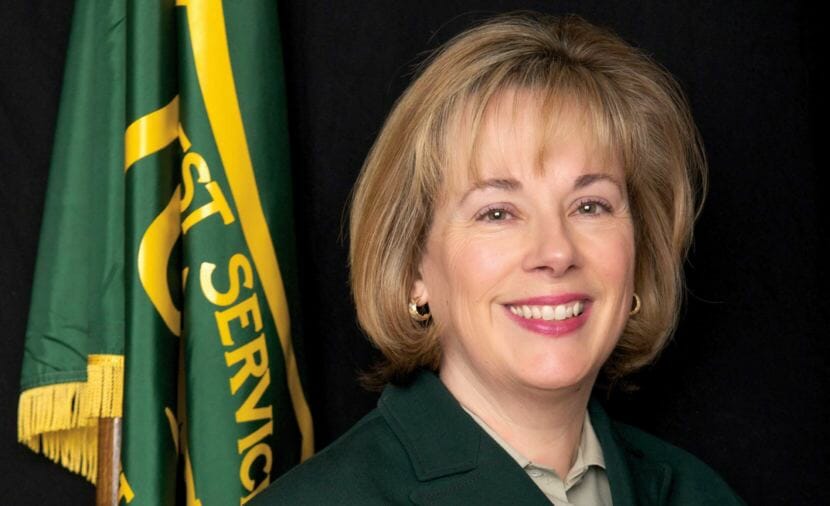
The top official overseeing Alaska’s national forests is leaving her job.
Regional Forester Beth Pendleton will retire in April after eight years in the position. She oversaw the U.S. Forest Service’s Alaska region during development of a controversial Tongass Land Management Plan that’s being challenged in Congress.
Pendleton also served as acting associate chief of the agency during the transition from the Obama administration to the Trump administration.
Forest Service officials announced her retirement plans Friday in a press release.
Officials also named David Schmid as her replacement, in an acting capacity.
Schmid is deputy regional forester for the agency’s Northern Region, based in Montana. He also worked in Alaska’s Tongass and Chugach national forests for more than 20 years. He begins his new Alaska job in mid-April.
The state’s two national forests total 22 million acres of land in Southeast and Southcentral Alaska.
